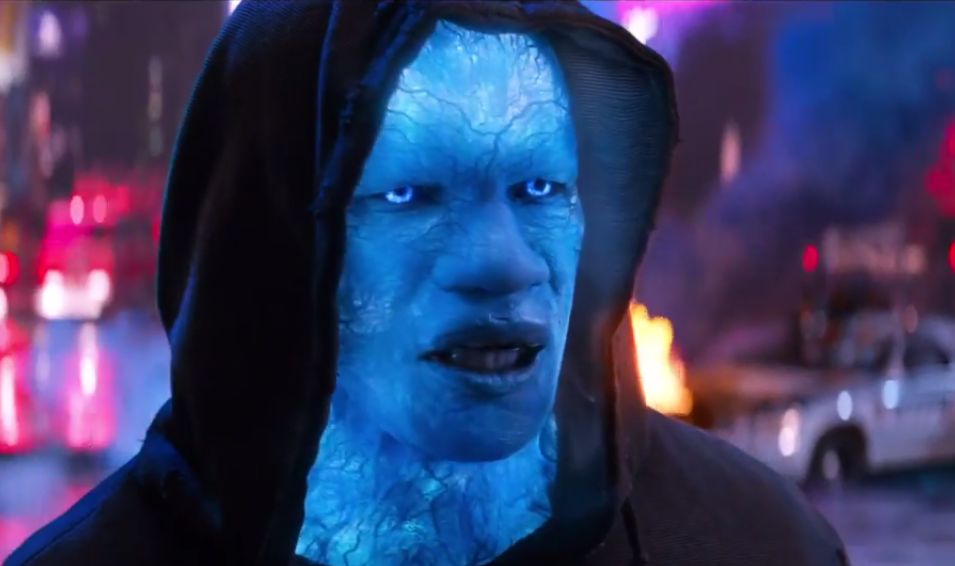Level Five
Written & Directed by Chris Marker
France, 1997
As visual animals, to a large extent, something doesn’t truly exist until we see it. What, then, do we make of memories, which may seem just as real as any image, but are subject to degradation and bias? They are the ethereal made real; flights of fancy, fact and practical necessity. Level Five, produced in 1997 and recently restored for a limited North American release, finds accomplished film essayist, Chris Marker, questioning the nature of memory in the new digital age. Though his big ideas and haunting visuals never quite coalesce, Marker still provides a fascinating peek into the darkest corners of humanity.
“I won already, but we could go on if you like.”
Such is the game confronting our heroine, Laura (Catherine Belkhodja), who is tasked (by Marker himself) with reconstructing the Battle of Okinawa for a videogame. A pivotal battle in the Pacific Theater of World War II, Okinawa was an epic siege that resulted in the deaths of nearly a third of the island’s resident population. Many were soldiers and civilians killed in combat, but thousands more died in mass suicides. Through archival footage, interviews and journal entries, Marker reveals that Okinawa never had a chance; the sacrificial pawn in Imperialist Japan’s ill-fated strategy to keep American troops from attacking the Mainland. The game was already lost, but everyone was forced to play on…
“Storing our past so as not to revive it was sheer 20th Century.”
Trapped in a claustrophobic room filled with computer monitors, Laura loses herself in the collective memories of a culture still haunted by atrocities. Try as she might, Laura can’t re-design the game to yield a different outcome; the dead shall remain ghosts… trapped forever in a digital void. At least celluloid faded over time. Now, our new technology keeps the wounds fresh and ubiquitous. It’s this permanence of imagery—the power it yields for good or ill—that seems to fascinate Marker. As we watch startling archival footage of the women of Saipan leaping to their deaths from sheer cliff walls, Laura wonders aloud if being recorded eliminated any possibility of turning back. Perhaps we have progressed past primitive fears of cameras stealing our souls, but there is always a price to be paid for posterity.
“Scraps of life filling your memory were shifting out of focus.”
Marker’s artistry as a film essayist is clearly on display in Level Five. His imagery is evocative while still remaining instructive. The grainy pictures and videos—even the trembling voices of interviewees, decades removed from the battle—lend themselves to the sensation of a hazy memory. Marker perfectly captures these echoes of the past still permeating the present. Perhaps his thematic ambitions get the better of him at times, particularly in Laura’s increasingly flighty dialogues, but he never loses sight of his film’s emotional core. Level Five may be designed to challenge your intellect, but it’s also filled with fragile humanity and inspiration. It’s this focus on the people of Okinawa and their uncomfortable relationship with the past that makes Marker’s film a deeply gratifying experience.
“We must face our memories and ask forgiveness.”
Some of the images and firsthand accounts in Level Five defy rational explanation. It’s impossible to comprehend the serenity of an old Reverend named Kinjo, who tells the story of beating his mother to death with a stick to spare her from unimaginable suffering. He yearns for Japan to confront the mistakes of its past, though it’s impossible to imagine it ever happening. While Marker seems somewhat leery of technology, he also understands its amazing capacity to help us rediscover ourselves. Which begs the question: With a virtual gateway to unlimited information at our disposal, are we truly prepared to remember the inescapable cruelty of our past?






